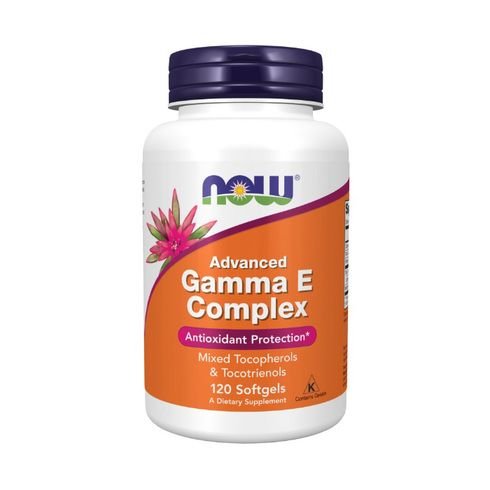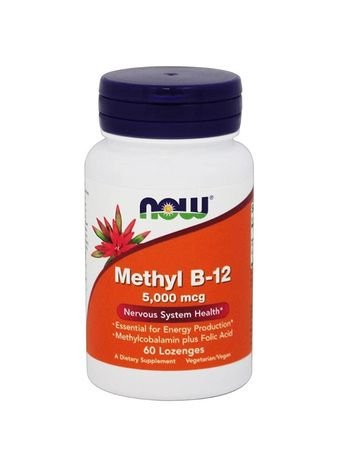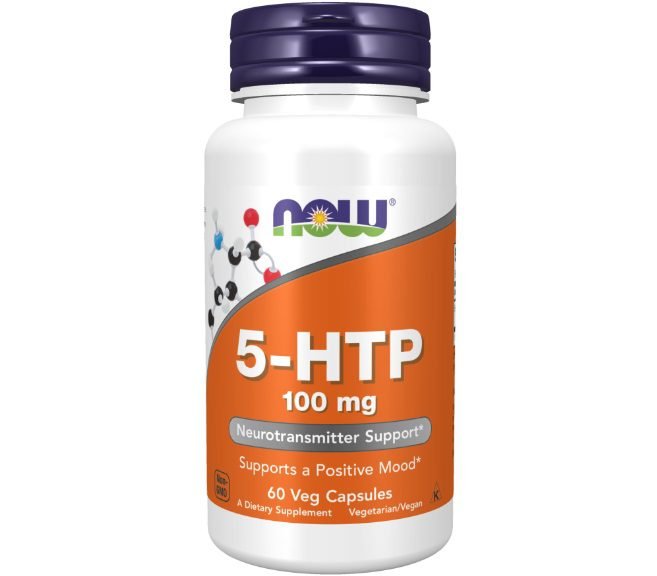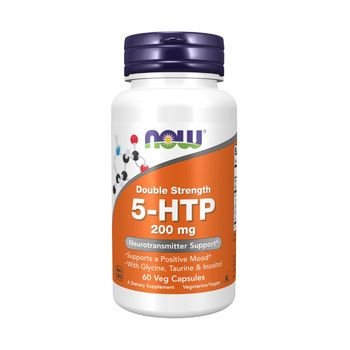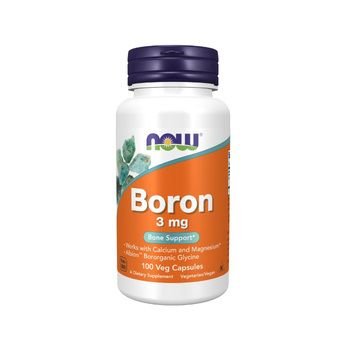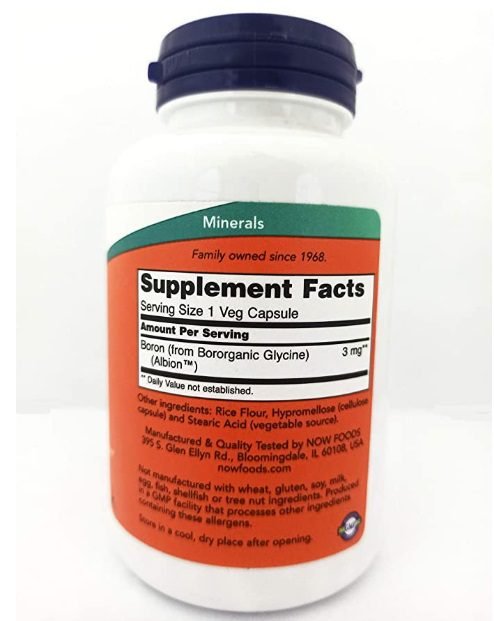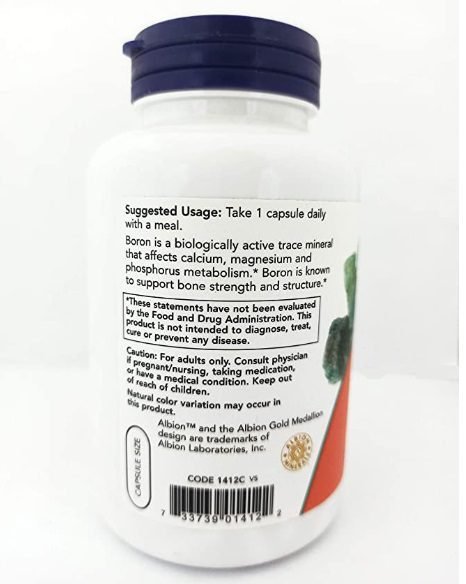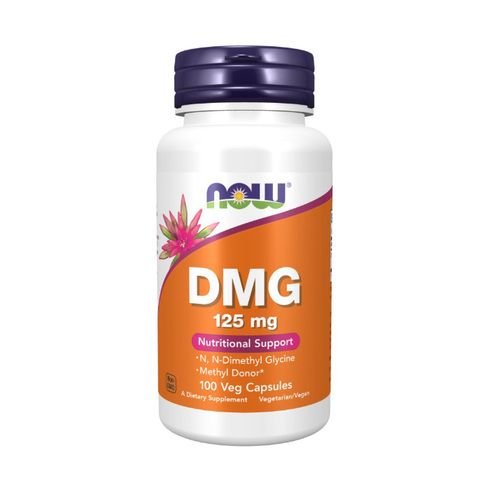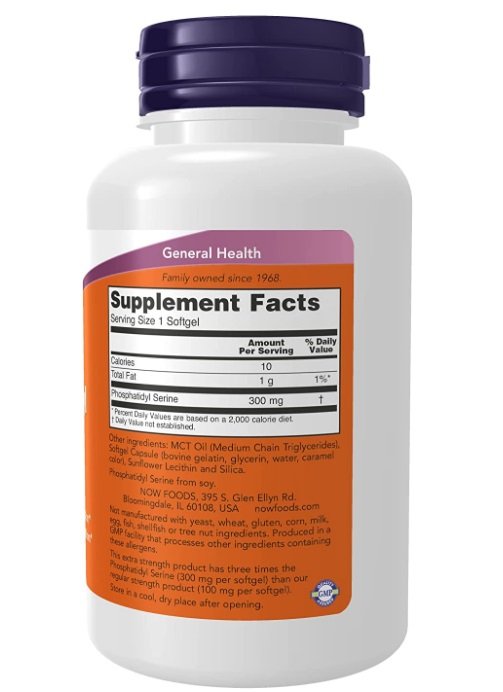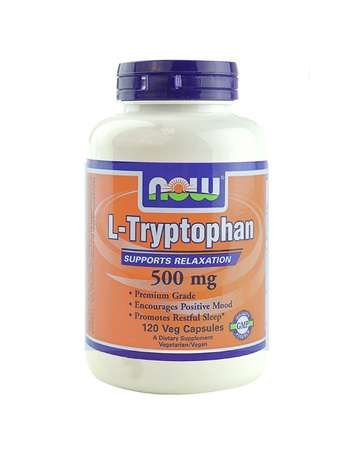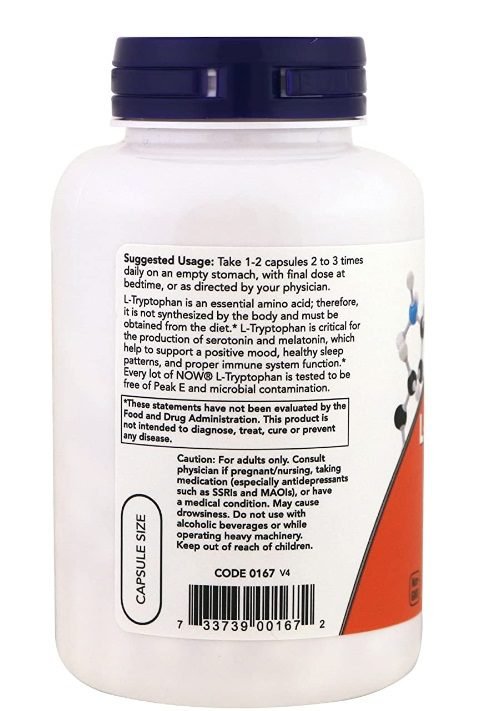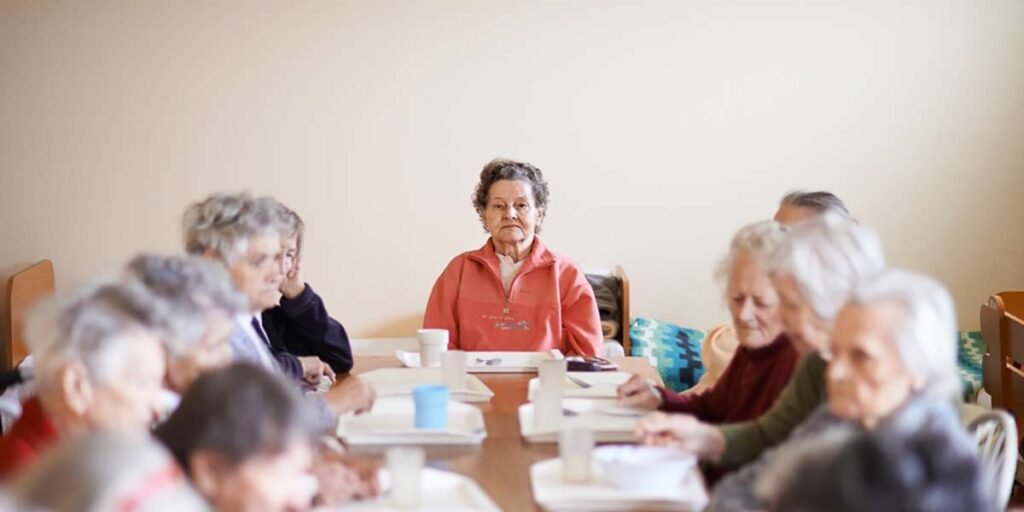
Only Old People Suffer From Dementia? Forgetfulness is Dementia?
Dementia tends to occur in people over the age of 65, so it may be relatively unfamiliar to young, or middle-aged people. If there is no dementia elder at home who needs to be cared for, many people often do not have the opportunity to understand dementia in depth. So most people often have wrong myths about dementia, such as only the elderly will suffer from dementia, and the beginning of forgetting things is a sign of dementia, etc.
We will decipher the 6 common myths of dementia for you, help you establish the correct knowledge of dementia, and increase your sensitivity to dementia symptoms. Correct judgment, early medical diagnosis, and care for demented family members are important.
Five common myths about dementia
1. Forgetfulness is dementia?
Memory loss is one of the symptoms of dementia, but as long as you start to forget things and often lose your memory, it does not mean you are suffering from dementia. Aging (getting older) itself will also cause the brain’s memory to deteriorate.
In terms of memory loss, dementia and aging usually have the following differences:
- Aging
May suddenly forget something, but have a way of recalling it afterwards.
If you take a memory test, you may not fully remember the items in the test. - Dementia
Completely forget what you say and do
Trouble remembering items on a memory test, or completely forgetting that you took the test
It can be seen from the above that the memory loss problem of demented people is very serious, and they will forget things that ordinary people should remember, such as a certain member of the family, the member’s name and their own address, and in severe cases, they may even forget who they are.
In addition, dementia will also have other cognitive function problems, such as the deterioration of cognitive functions in various aspects, such as language ability, spatial perception, judgment, abstract thinking ability and attention, as well as abnormal behavior, temperament changes and mental illness. Therefore, memory is not a single criterion for judging whether you have dementia, and it still needs to be diagnosed and checked by a doctor.
2. Only the elderly suffer from dementia?
Most people with dementia are usually over the age of 65, but the middle-aged population under the age of 65 may also suffer from dementia.
Dementia with onset under the age of 65 is called Young/Early Onset Dementia, and the age of onset is mostly 40-50 years old.
Given that young dementia patients are relatively young and have good physical strength, most cannot be placed indoors or in nursing centers for a long time. Although their cognitive abilities rapidly deteriorate and memory loss occurs after the onset, but their mobility and spirit are relatively good. Nursing needs to spend more time going out and doing activities to balance the physical and mental energy that has nowhere to be consumed.
Because it takes more effort to take care of young dementia patients, and it is not easy to transfer care responsibilities to other units or caregivers. Therefore, it is recommended that the public need to do a good job in the prevention of dementia, such as regular exercise, more mental activities (thinking about issues, calculations), more social activities, and to improve and avoid risk factors that may increase the risk of dementia, such as Smoking, three highs and head trauma, etc.
3.Being able to remember things means not having dementia?
As mentioned earlier, memory loss is only one of the symptoms of dementia, and dementia can be divided into many types. For example, patients with frontotemporal lobe degeneration do not have memory loss in the early stage of the disease, but will Symptoms such as drastic personality changes, loss of ability to control behaviors, and language barriers (such as difficulties in expressing and naming) appear. Therefore, memory ability cannot be used as a criterion for determining whether you have dementia. It is recommended to go to the hospital for a complete examination to be sure.
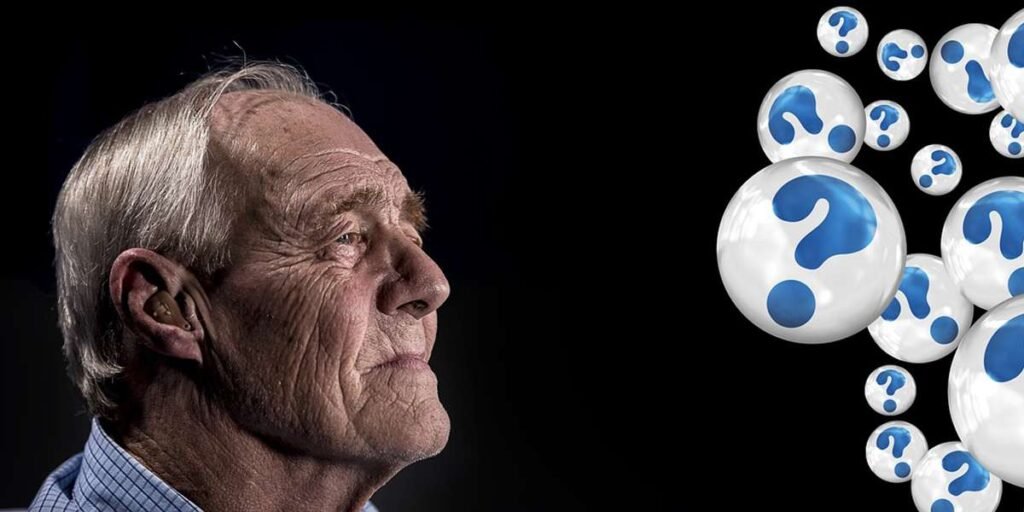
4. Dementia is not fatal?
When dementia enters the terminal stage, patients usually have completely lost their behavioral and physical abilities, so they will be unable to speak, move, excrete and eat normally, and stay in bed for a long time, requiring intubation for feeding.
As the disease continues to deteriorate, the patient’s physiological function will continue to decline, and may be complicated by various inflammations due to problems such as inability to eat and excrete normally, or may be infected with other diseases due to weakened immunity, and finally gradually enter the end of life.
Generally speaking, the average survival time after the onset of dementia is 5 to 8 years, but as the patients get older and their physical functions become poorer, the survival time will be shorter.
5. There is no cure for dementia, so no need to take medicine?
Neither drug therapy nor non-drug therapy (such as cognitive training, nostalgia therapy) can cure dementia, but it can slow down the progression of the disease, improve dementia symptoms and quality of life, and reduce the burden on family members and caregivers, such as frequent problems such as getting lost, incontinence, or forgetting to eat.
Professional treatment and home care are very important to control and delay the disease. If the early disease is properly controlled and cared for, the patient will not only enter the middle and late stages later, but also expect the survival time to be delayed to more than 8 years, or even 10~12 years. There are many people in this year, so if a family member around you shows mild signs of dementia, it is recommended to go to the hospital for diagnosis and examination as soon as possible, so as to receive professional treatment as soon as possible.
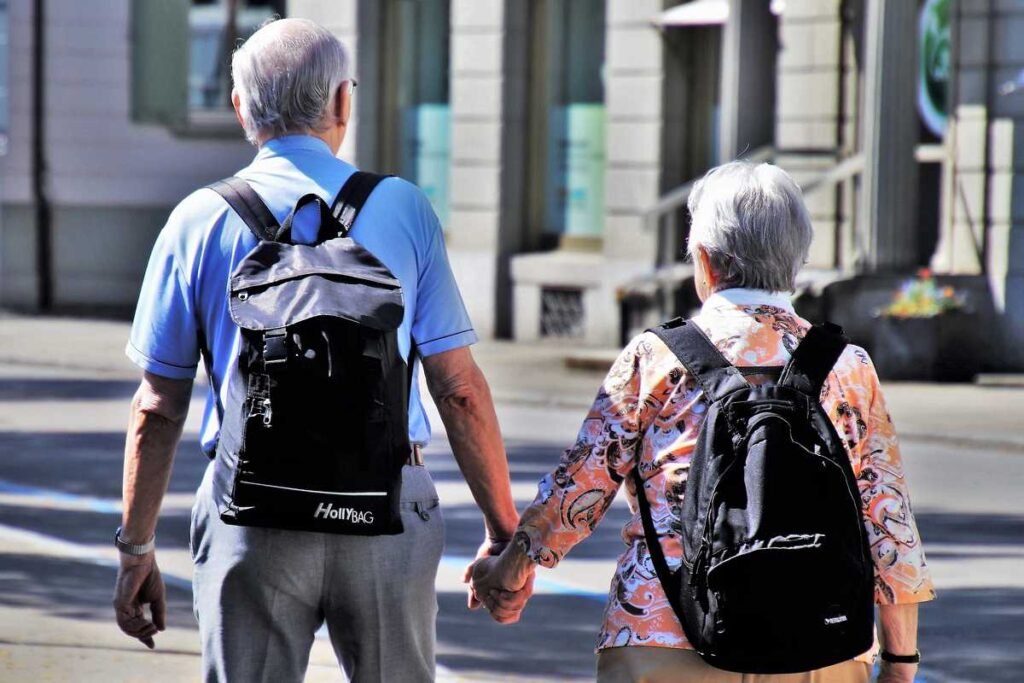
Books for Taking Care Dementia
What I Wish People Knew About Dementia
What can a diseased brain tell us about being human, living our own lives better and helping those with dementia get the best from theirs?
When Wendy Mitchell was diagnosed with young-onset dementia at the age of fifty-eight, her brain was overwhelmed with images of the last stages of the disease – those familiar tropes, shortcuts and clichés that we are fed by the media, or even our own health
Somebody I used to Know
How do you build a life when all that you know is changing? How do you conceive of love when you can no longer recognise those who mean the most to you? A phenomenal memoir, Somebody I Used to Know is both a heart-rending tribute to the woman Wendy Mitchell once was, and a brave affirmation of the woman dementia has seen her become.
Understanding Behaviour Dementia Challenges
As people grow older, their physical and psychological needs become more complex. Unmet needs often result in challenging behaviour, particularly if the person suffers from dementia. Ian Andrew James looks beyond the behaviour itself to the causes behind it, suggesting both medical and non-pharmalogical approaches to lessening suffering and improving quality of life
Supplement to Improve Dementia
-
Benefit of Vitamin E
- Beneficial for non-alcoholic fatty liver disease NAFLD
- Prevention of prostate cancer
- Beneficial for blood lipid regulation
- Decreases inflammation: C-reactive protein
- Reduce the risk of senile cataracts
- Beneficiary to myocardial infarction.
- Beneficial for dementia (especially Alzheimer’s)
- Beneficial for seasonal allergic rhinitis
-
1. Maintain Heart Health
2. Treat Mental Illness
3. Help Lose Weight
4. Support eye health
5. Relieve rheumatoid arthritis symptoms
6. Maintain skin health
7. Helps baby vision and hand-eye coordination
8. Reduce liver fat
9. Improve symptoms of depression
10. Improve ADHD in children
11.Improve memory in the elderly
12. Improve asthma symptoms and allergy risk
13. Improve bone health
Supplement for Brain Health
-
Benefit of Alpha-Lipoic Acid
- Scavenge free radicals, prevent skin aging, and improve skin damage
- Reduce and prevent wrinkles, improve skin luster and elasticity
- Improve dark circles and enlarged pores
- Lipoic acid regenerates vitamins C, E, coenzyme Q10 that have lost their antioxidant capacity, and enhances antioxidant levels
- Improve memory decline and promote brain health
- Lipoic acid helps maintain liver health
- Lipoic acid has a protective effect on the retina
- This product may help stabilize blood sugar
- Lipoic acid is extremely important for energy production
- Lipoic acid can regenerate by itself and has a long-lasting effect.
-
1. Promote methyl transfer
2. Promote the development and maturation of red blood cells, keep the body’s hematopoietic function in a normal state, prevent pernicious anemia; maintain the health of the nervous system
3. In the form of coenzyme, it can increase the utilization rate of folic acid and promote the metabolism of carbohydrates, fats and proteins
4. It has the function of activating amino acids and promotes the biosynthesis of nucleic acids, which can promote the synthesis of proteins, which plays an important role in the growth and development of infants and young children.
5. Metabolize fatty acids so that fats, carbohydrates, and proteins are properly used by the body
6. Eliminate irritability, concentrate, enhance memory and balance
7. It is an indispensable vitamin for the healthy functioning of the nervous system and participates in the formation of a lipoprotein in the nervous tissue
-
Benefits of Boron
- Anti-inflammatory effects.
- Help alleviate arthritis.
- Improve brain function.
- Has anticancer effects.
- Boronated compounds used in the treatment of several types of cancer.
- Maintain bone density.
- Accelerate the healing of fractures.
- Relieve rheumatoid arthritis symptoms.
- Adjusting your body’s natural production of testosterone and estradiol, a type of estrogen.
-
1. Improve immune system function.
2. Maintain the function of joint movement.
3. Balance normal blood sugar levels.
4. Rich in antioxidants to absorb harmful free radicals.
5. Helps maintain normal levels of cholesterol.
6. Maintain healthy lung function
7. Improve mental clarity
8. Reduce stress and overcome depression
9. Improve the sexual function and prevent erectile dysfunction.£18.91 -
Benefit of Maca
- It is good for bone health
- Improve Chronic Mountain Sickness
- Improves sperm quality and promotes fertility
- Improve female sexual dysfunction
- Beneficial athletic performance
- Improves erectile dysfunction
- Increases male sexual desire
- Boosts reproductive hormones such as testosterone
- Improves Cognitive Function
- Beneficial for Prostate Fat
Most Useful Accessories For Dementia
Wireless Floor Pressure Mat & Pager Set
- Used at home to prevent falls & wandering
- Stepping on the mat will cause the bleeper pager to activate from anywhere in the home
- Can be placed next to a bed. Anti-slip base included.
- Bleeper pager vibrates, flashes and bleeps
Talking Photos Album
- Record a separate message on each page using the built-in microphone. Re-record as many times as you wish.
- Each of the 20 pages will hold a single photo in a clear pocket, 5×7 inches, (125x175mm). Each page has an individual Play/Pause button.
- Total recording time of 6 minutes, set at 18 seconds per page. Playback via the built-in speaker.
- Bring your memories back to life by adding a new dimension to your photographs. Create your own talking books for speech and language projects in school. Create speaking and listening activities and display classroom projects.
- Also ideal for people with Dementia, Alzheimer’s or Huntington’s Disease. Display family photos, audible instructions, medication management, daily reminders and procedures.
CPR Guardian III Personal Alarm for Elderly
- FREE SETUP AND TECHNICAL SUPPORT – The CPR Guardian Watch arrives with a pre-installed SIM which provides maximum mobile coverage at all times by intelligently switching between mobile networks based on the best available signal; Please check you have a 2G signal and you activate the SIM card by signing up for either the Bronze, Silver or Gold service plans; Just contact us on the number on the box and we will do everything for you
- FALL DETECTION – is designed to automatically detect a serious fall and raise an alert, Confirmation that an alert has been raised will be given by the watch asking if the user is OK. To cancel an alarm, the user must press NO on the watch screen
- SOS EMERGENCY ASSIST BUTTON – In the event of an emergency, the wearer will be able to voice call and alert the designated SOS contact by holding the red SOS button; The GPS location of the wearer will also be sent to the Guardian Monitoring APP
- SMART LOCATION TRACKING & GEO ZONES – Built-in GPS tracking on the dementia wandering alarm ensures accurate outdoor location tracking and estimated location tracking when indoors; Receive alerts every time the wearer enters or leaves a Geo-Zone
- TWO WAY PHONE CALLING & VOICE MESSAGING – Make and receive voice calls to friends and family almost anywhere in the world without the need of a mobile phone; Send and receive voice messages to friends and family
Robin, 2022 Version, Digital Day Clock
- Ultimate clarity – The 8 inch crystal clear high definition color display ensures a sharp, crisp image displaying the full color spectrum with a 170° viewing angle that can be seen from all sides of the room. Choose from custom or preloaded display themes
- Reconstructed design – Thoughtfully developed user interface and easy-access side buttons make this clock ideal for seniors. The smart design allows for placement in the bedroom, kitchen or bathroom and a sleep button is perfect for those midday naps
- Alarms, reminders and custom messaging – Create as many alarms as you need. Easily adjust the volume, length, sounds and messaging. Automatically adjusts for daylight saving time with a worldwide schedule built in. Adjust each alarm and message separately
- Talking clock – One touch button announces the day and time in a loud, clear voice. You can also schedule periodic time announcements, as well as screen reminders such as birthdays, events and holidays. Choose from 20+ preloaded events or write your own. This day clock also has battery back up a in case of a power outage, it automatically resets to the correct time and date when the power returns
- The perfect gift – The packaging and manual do not include words such as ‘dementia’ and ‘memory loss’. Makes for a perfect retirement gift to sensitive elders or loved ones. Enjoy US customer service, and US based phone support. Additionally, the clock is equipped with a battery backup, one-touch sleep button, one-touch talking clock button, and many other unique features that are exclusive to our clock.




